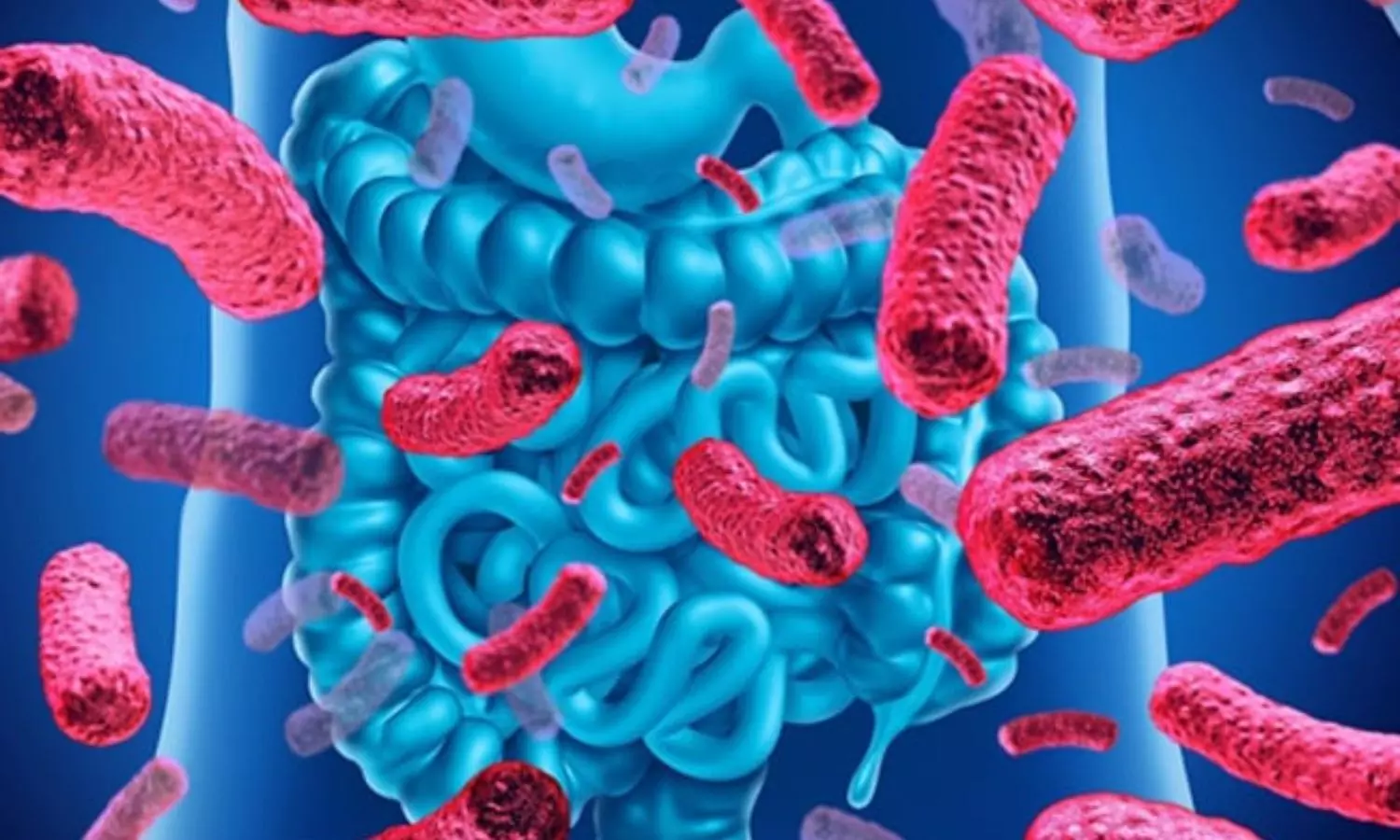- Home
- Medical news & Guidelines
- Anesthesiology
- Cardiology and CTVS
- Critical Care
- Dentistry
- Dermatology
- Diabetes and Endocrinology
- ENT
- Gastroenterology
- Medicine
- Nephrology
- Neurology
- Obstretics-Gynaecology
- Oncology
- Ophthalmology
- Orthopaedics
- Pediatrics-Neonatology
- Psychiatry
- Pulmonology
- Radiology
- Surgery
- Urology
- Laboratory Medicine
- Diet
- Nursing
- Paramedical
- Physiotherapy
- Health news
- Fact Check
- Bone Health Fact Check
- Brain Health Fact Check
- Cancer Related Fact Check
- Child Care Fact Check
- Dental and oral health fact check
- Diabetes and metabolic health fact check
- Diet and Nutrition Fact Check
- Eye and ENT Care Fact Check
- Fitness fact check
- Gut health fact check
- Heart health fact check
- Kidney health fact check
- Medical education fact check
- Men's health fact check
- Respiratory fact check
- Skin and hair care fact check
- Vaccine and Immunization fact check
- Women's health fact check
- AYUSH
- State News
- Andaman and Nicobar Islands
- Andhra Pradesh
- Arunachal Pradesh
- Assam
- Bihar
- Chandigarh
- Chattisgarh
- Dadra and Nagar Haveli
- Daman and Diu
- Delhi
- Goa
- Gujarat
- Haryana
- Himachal Pradesh
- Jammu & Kashmir
- Jharkhand
- Karnataka
- Kerala
- Ladakh
- Lakshadweep
- Madhya Pradesh
- Maharashtra
- Manipur
- Meghalaya
- Mizoram
- Nagaland
- Odisha
- Puducherry
- Punjab
- Rajasthan
- Sikkim
- Tamil Nadu
- Telangana
- Tripura
- Uttar Pradesh
- Uttrakhand
- West Bengal
- Medical Education
- Industry
Heavy Alcohol Consumption may lead to increased risk of Obesity and T2 Diabetes

Canada: New research revealed that increased consumption of alcohol can lead to increased levels of obesity and an increased risk of type 2 diabetes. There are no protective effects on obesity and diabetes even with modest consumption of alcohol. The study was published in The Journal of Endocrinology & Metabolism.
Alcohol consumption on a social level is common among the general population. Alcohol consumption among diabetics has worsened prognosis due to its effects on blood sugar and insulin levels. Literature shows that occasional consumption of alcohol may have beneficial effects. But Regular consumption of even moderate amounts of alcohol can have adverse effects as it alters blood sugar levels, increasing the risk of impotence, peripheral neuropathy, and retinopathy. As there is uncertainty on the amount of alcohol consumption and its effects, researchers from Lady Davis Institute for Medical Research, Canada conducted a Mendelian randomization study to evaluate the dose-dependent effect of alcohol consumption on obesity and type 2 diabetes.
Nearly 4,08,540 participants of European ancestry in the UK Biobank were tested for the association between self-reported alcohol intake frequency and ten anthropometric measurements, obesity, and type 2 diabetes. MR analyses were conducted in the overall population and subpopulations stratified by alcohol intake frequency.
Key Findings:
- There was a 0.36-kg increase in fat mass, a 1.08-fold increased odds of obesity, and a 1.10-fold increased odds of type 2 diabetes with a 1-drink-per-week increase in genetically predicted alcohol intake among individuals having more than 14 drinks per week.
- The female gender showed stronger positive associations than men.
- MR estimates did not find any evidence supporting the association between genetically increased alcohol intake frequency and improved health outcomes among individuals having 7 or fewer drinks per week, as MR estimates largely overlapped with the null.
- These results withstood multiple sensitivity analyses assessing the validity of MR assumptions.
Thus, the MR analyses suggested that alcohol consumption of any level increased the risk of obesity and diabetes.
Further reading: Dose-dependent Association of Alcohol Consumption With Obesity and Type 2 Diabetes: Mendelian Randomization Analyses. https://doi.org/10.1210/clinem/dgad324
BDS, MDS
Dr.Niharika Harsha B (BDS,MDS) completed her BDS from Govt Dental College, Hyderabad and MDS from Dr.NTR University of health sciences(Now Kaloji Rao University). She has 4 years of private dental practice and worked for 2 years as Consultant Oral Radiologist at a Dental Imaging Centre in Hyderabad. She worked as Research Assistant and scientific writer in the development of Oral Anti cancer screening device with her seniors. She has a deep intriguing wish in writing highly engaging, captivating and informative medical content for a wider audience. She can be contacted at editorial@medicaldialogues.in.
Dr Kamal Kant Kohli-MBBS, DTCD- a chest specialist with more than 30 years of practice and a flair for writing clinical articles, Dr Kamal Kant Kohli joined Medical Dialogues as a Chief Editor of Medical News. Besides writing articles, as an editor, he proofreads and verifies all the medical content published on Medical Dialogues including those coming from journals, studies,medical conferences,guidelines etc. Email: drkohli@medicaldialogues.in. Contact no. 011-43720751



